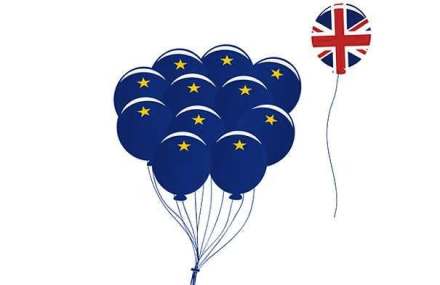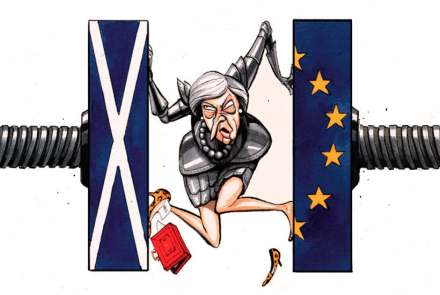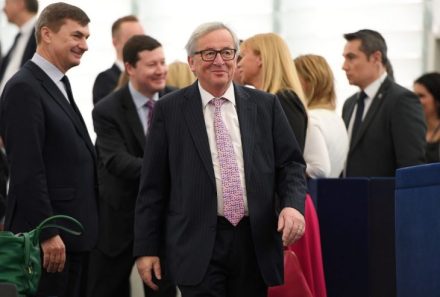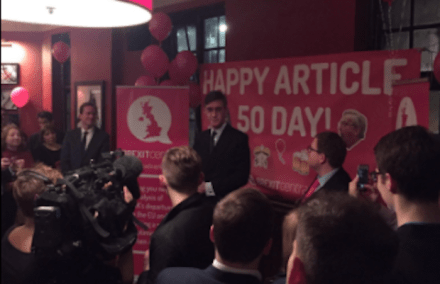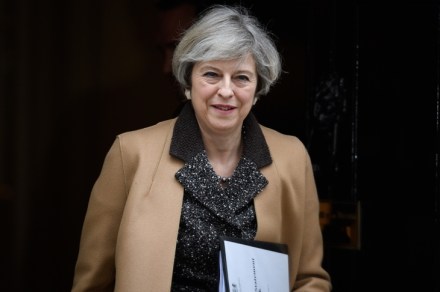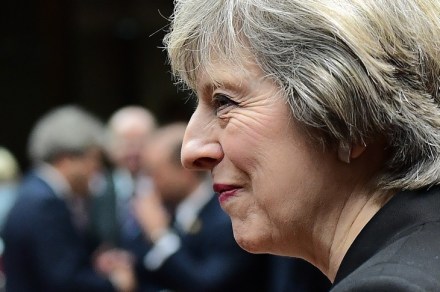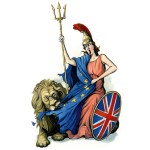History teaches us that Brexit will be okay in the end. Probably.
Happy Brexit Day everyone. I guess we’ll be okay in the long term. March 29th is the bloodiest day in English history, a day on which a London-dominated clique funded by the City defeated an army raised from the north and Midlands; history has since come to know it as the War of the Roses although it barely affected people who weren’t directly involved. (Historian John Gillingham even states that direct taxes went down and housebuilding continued, which is more than can be said for the past few years). On that date in 1461, in a snowstorm in Towton, north Yorkshire, the young usurper Edward IV – only 18 years
